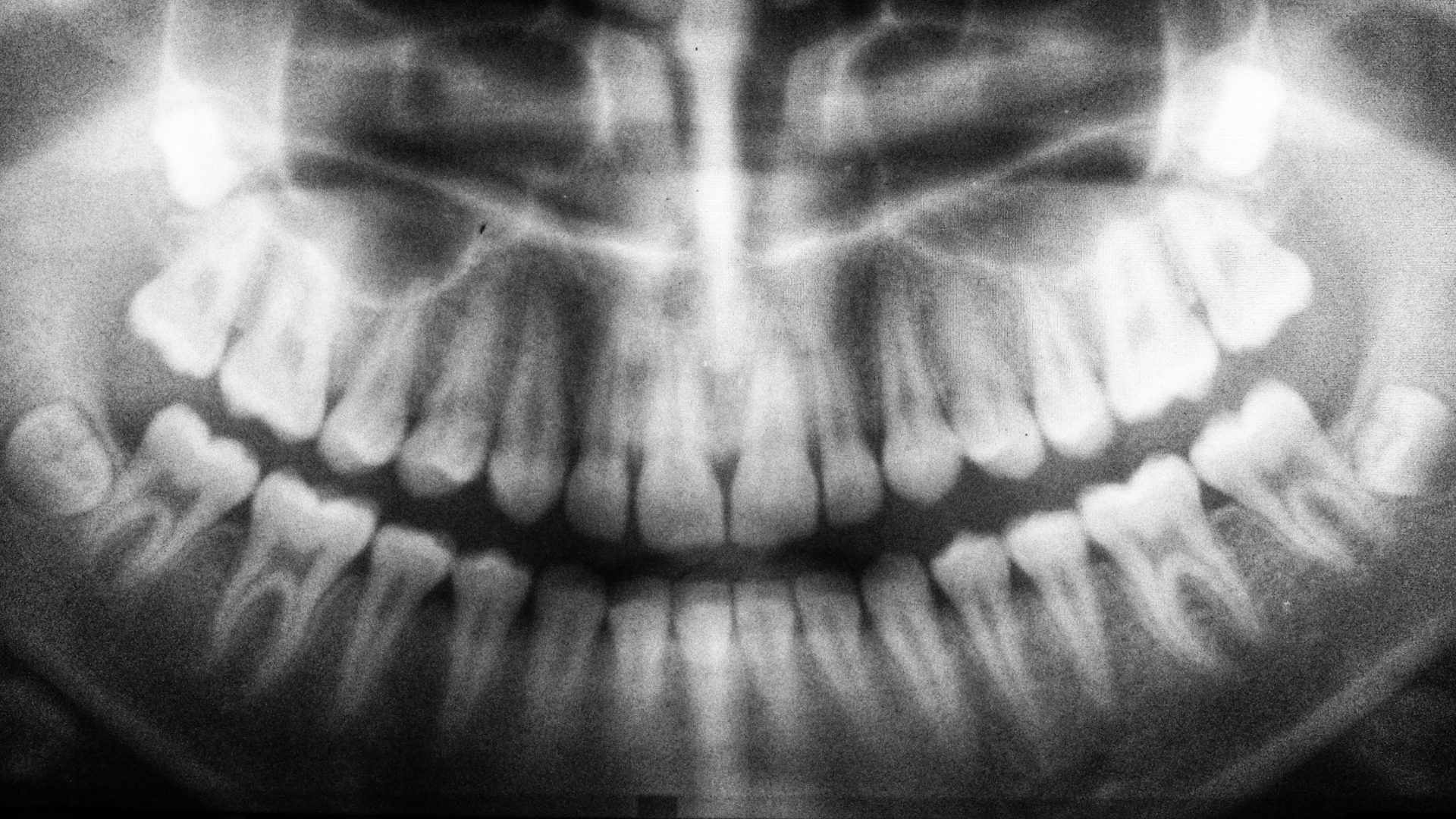Getting an oral cancer screening is important for early detection of mouth cancers. By catching any signs or symptoms of mouth cancers early, you increase your chances of successfully treating the cancer.
Oral cancer statistics
While some think oral cancer is rare, according to The Oral Cancer Foundation, mouth cancers will be newly diagnosed in about 132 new individuals each day in the US alone. Further than that, a person dies from oral cancer every hour of every day. If you add the sub category of laryngeal throat cancers, the rates of occurrence (about 12,000 additional new cases per year) and death are significantly higher. When found at early stages of development, oral cancers have an 80 to 90% survival rate.
What are oral cancer screenings?
Oral cancer screenings are visual and physical examinations by your dentist to check for signs of cancer, or precancerous conditions in your mouth. Regular screenings help identify mouth cancer as early as possible, when it’s easiest to remove and more likely to be cured. Oral cancer screenings are relatively straightforward. Your dentist will examine the inside of your mouth to check for red or white patches and other sores. Your dentist will also check for lumps by feeling the tissues in your mouth.
What are the first signs of mouth cancer?
According to the American Dental Association, it is important for patients to be aware of the following signs and symptoms in between visits, and to see their dentist if they do not disappear after two weeks.
- A sore or irritation that doesn’t go away
- Red or white patches
- Pain, tenderness or numbness in mouth or lips
- A lump, thickening, rough spot, crust or small eroded area
- Difficulty chewing, swallowing, speaking, or moving your jaw or tongue
- A change in the way your teeth fit together when you close your mouth
Who is most at risk for oral cancer?
It is likely that there is a complex interaction of many external and internal factors that play a role in the development of mouth cancer. Research has identified a number of factors that may contribute to the development of oral cancer. Those at an especially high risk of developing mouth cancer are:
- Heavy drinkers
- Smokers older than 50
- Those who have been exposed to the human papilloma virus version 16, which is sexually transmitted
- Previous mouth cancer diagnosis
- History of significant sun exposure
Your mouth is one of your body’s most important early warning systems. Whether or not you identify with the above individuals, don’t ignore any suspicious lumps or sores that last more than two weeks. Should you discover something suspicious, make an appointment for a prompt examination. Early treatment may well be the key to complete recovery.
Oral cancer screening dentist
Dr. Elbrecht performs oral cancer screenings where he looks for signs of cancer or precancerous conditions in your mouth. Usually an oral cancer screening is performed during a routine dental checkup and doesn’t take much extra time at all. If you have any concerns about your oral health, Dr. Elbrecht is happy to address them.

